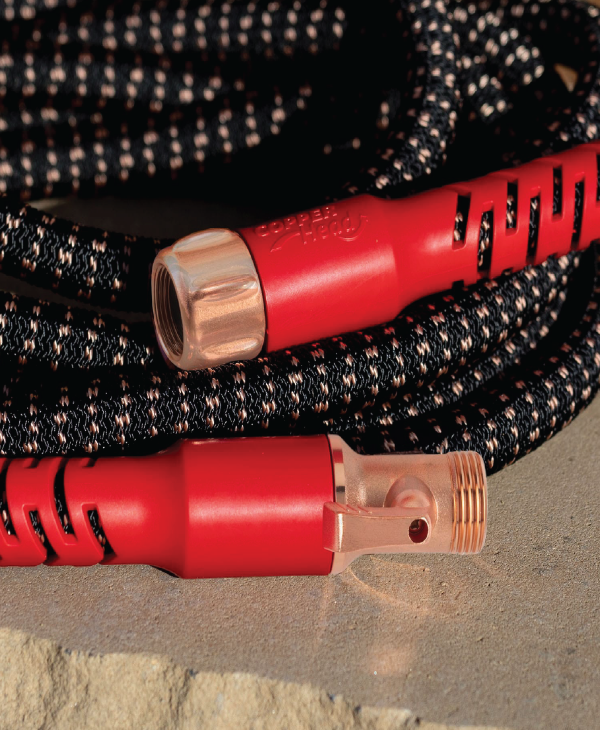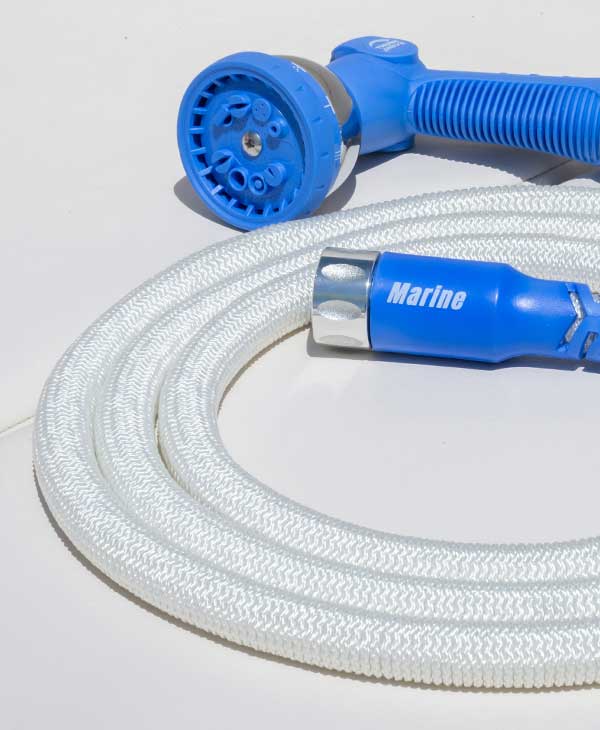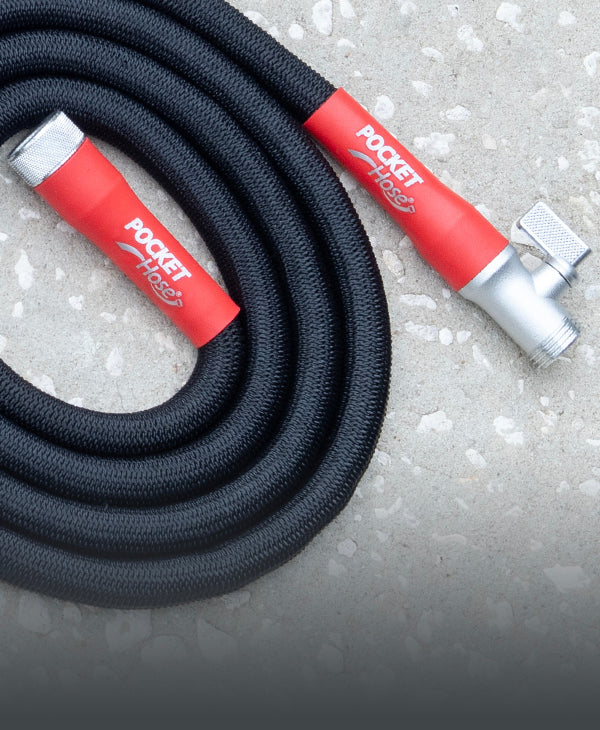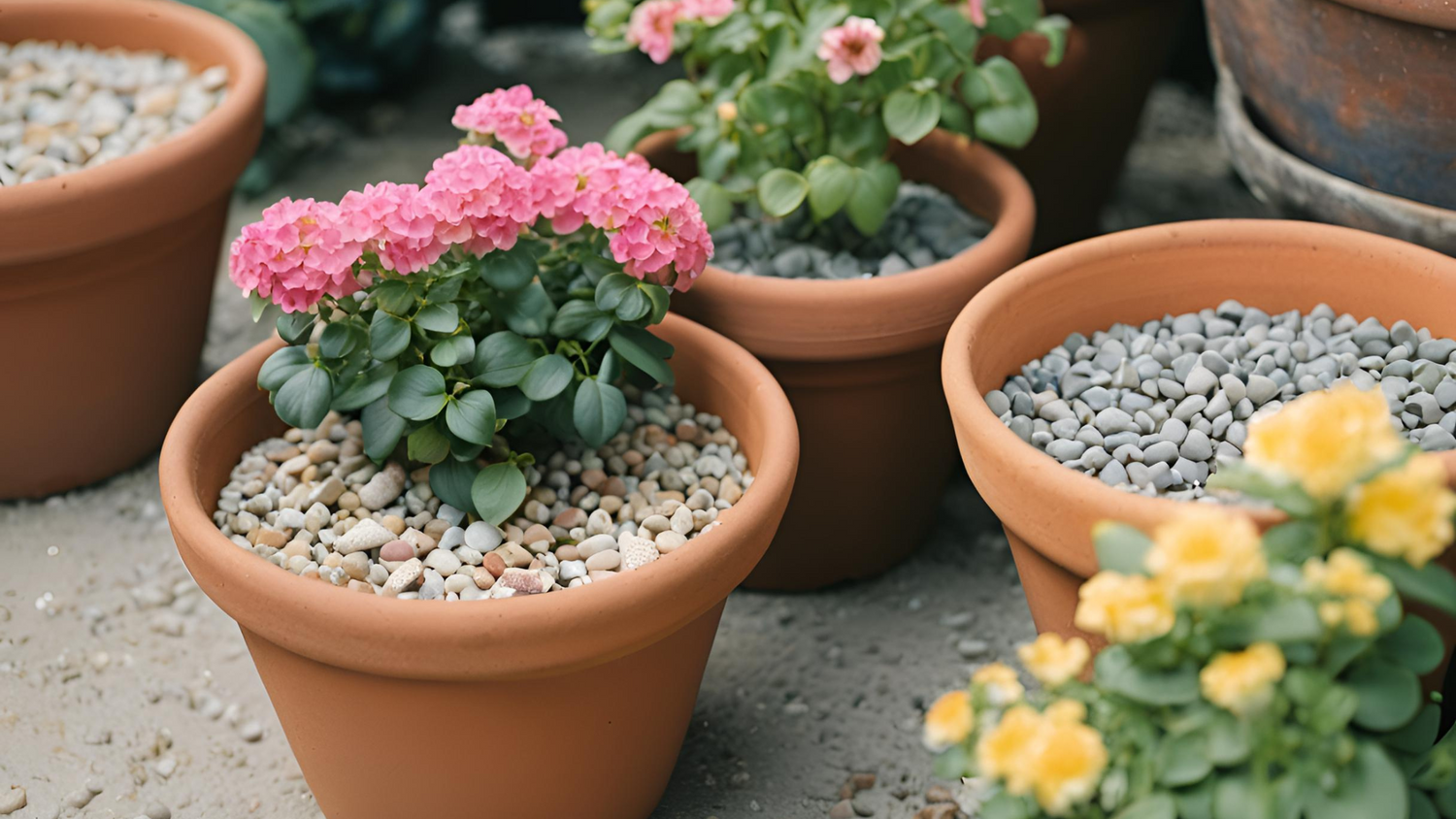Gardening can be a gratifying hobby, providing aesthetic pleasure and tangible rewards such as homegrown fruits and vegetables. However, along with this activity comes many gardening myths that can lead even the most well-intentioned green thumbs astray. In this blog post, we'll debunk the top 10 gardening myths and provide valuable gardening tips and facts to help you avoid common gardening mistakes and achieve the flourishing garden of your dreams.
Myth 1: Use More Fertilizer for Better Growth
Debunked: While it may seem logical that feeding your plants more nutrients will promote better growth, excessive fertilizer use can harm plants. Over-fertilization can lead to nutrient imbalances, causing poor plant health and growth. Furthermore, fertilizers can run off into local waterways, contributing to environmental pollution.
Fact: The best approach is to understand the specific needs of your plants and apply the right amount of fertilizer accordingly. Before adding any fertilizer, it’s a good idea to test your soil to determine what nutrients it might lack. Use slow-release organic fertilizers where appropriate, offering a more controlled nutrient release.
Myth 2: Watering Plants in Full Sun Will Cause Leaf Burn
Debunked: The idea that water droplets on leaves function like magnifying glasses, focusing sunlight and causing leaf burns, is essentially a myth. Studies have shown that while water droplets can indeed refract sunlight, the intensity isn't usually strong enough to damage the leaves.
Fact: The primary issue with watering during the day's peak heat is evaporation loss rather than leaf burn. It's more efficient to water your plants early in the morning or late in the evening when temperatures are cooler, allowing the water to penetrate the soil and be absorbed by the roots before it evaporates. We recommend using a Pocket Hose Copper Bullet expandable garden hose for your watering needs.
Myth 3: Coffee Grounds Acidify Soil

Debunked: Many believe that used coffee grounds can significantly acidify the soil, benefiting plants like blueberries that thrive in acidic conditions. However, used coffee grounds are actually close to neutral in pH.
Fact: Fresh coffee grounds are acidic, but once used and composted, their pH levels neutralize. Used coffee grounds can still be a valuable addition to your compost pile, boosting the soil's organic matter and providing essential nutrients.
Myth 4: Planting Trees Deep Ensures Stability
Debunked: New gardeners often assume that planting trees deeply will help them become more stable and anchored. In reality, this can suffocate the root system, leading to poor growth or even tree death.
Fact: The root flare (where the tree's base transitions to the roots) should be at or just above ground level when planting trees. This allows the roots to spread out horizontally and securely anchor the tree.
Myth 5: Organic Pesticides Are Always Safe
Debunked: Just because a pesticide is labeled “organic” doesn’t automatically make it safe for all living creatures. If misused, organic pesticides can still harm beneficial insects, wildlife, and even humans.
Fact: Always read and follow the instructions on any pesticide, organic or not. Use integrated pest management techniques to control pest populations, such as introducing natural predators or removing affected plant parts.
Myth 6: Gravel at the Bottom of Pots Improves Drainage
Debunked: This common gardening myth suggests that adding gravel or small stones at the bottom of plant pots will improve drainage. In fact, this can actually hinder proper drainage and lead to waterlogged soil.
Fact: Instead of improving drainage, layers of gravel can create a perched water table, where water accumulates above the gravel layer, resulting in poor root health. Using pots with adequate drainage holes and a high-quality, well-draining potting mix is better.
Myth 7: More Sunlight is Always Better
Debunked: While sun-loving plants do need adequate light, assuming that all plants should be in direct sunlight for the majority of the day is a common gardening mistake. Too much direct sunlight can scorch certain plants and hinder their growth.
Fact: Different plants have different light requirements, ranging from full sun to partial shade. Research the specific needs of your plants and place them accordingly. Shade-tolerant plants can thrive in areas where sun-loving plants would struggle.
Myth 8: Pruning in the Spring is Best for All Plants
Debunked: Generalizing that all plants should be pruned in the spring can lead to ineffective pruning and potential damage to certain species.
Fact: The best time to prune depends on the plant species and its growth patterns. Spring-flowering trees and shrubs, for example, should be pruned after they bloom to avoid cutting off the flower buds. Research and understand the pruning requirements for each type of plant in your garden.
Myth 9: Weed Fabric is a Permanent Solution to Weeds
Debunked: Many gardeners lay down weed fabric, thinking it will forever banish weeds from their garden beds. While it can provide a temporary barrier, it’s not a permanent solution and can create more problems over time.
Fact: Weed fabric can prevent water, nutrients, and oxygen from reaching the soil, impairing plant health. Over time, weeds can still grow through and around the fabric. It's often better to use organic mulch to suppress weeds while improving soil health.
Myth 10: Peat Moss is the Best Soil Amendment
Debunked: Peat moss is often touted as a universal soil amendment due to its ability to retain moisture and improve soil structure. However, its harvesting poses significant environmental concerns, as peat bogs are a limited and fragile ecosystem.
Fact: Numerous alternatives to peat moss are more environmentally friendly, such as coconut coir, compost, and aged manure. These alternatives can also improve soil health and structure without depleting precious natural resources.
Final Thoughts
Gardening is a fulfilling practice that benefits from informed and thoughtful approaches. By debunking these common gardening myths, you’ll be better equipped to avoid common gardening mistakes, leading to a more thriving and beautiful garden. Remember, continuous learning and adapting to the unique needs of your plants will always yield the best results. With the proper knowledge, tools, and a bit of patience, you can cultivate a garden that flourishes year after year. By making informed decisions and understanding the unique requirements of your garden, you can minimize mistakes and maximize your gardening success. Happy gardening!





Leave a comment
This site is protected by hCaptcha and the hCaptcha Privacy Policy and Terms of Service apply.